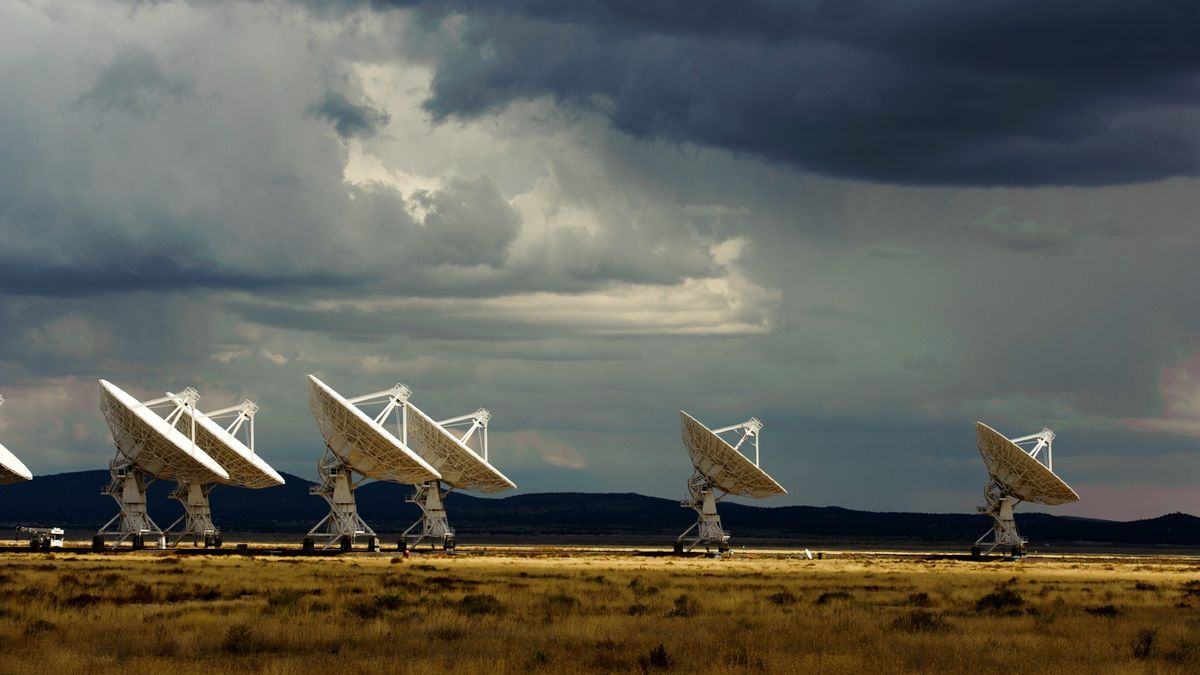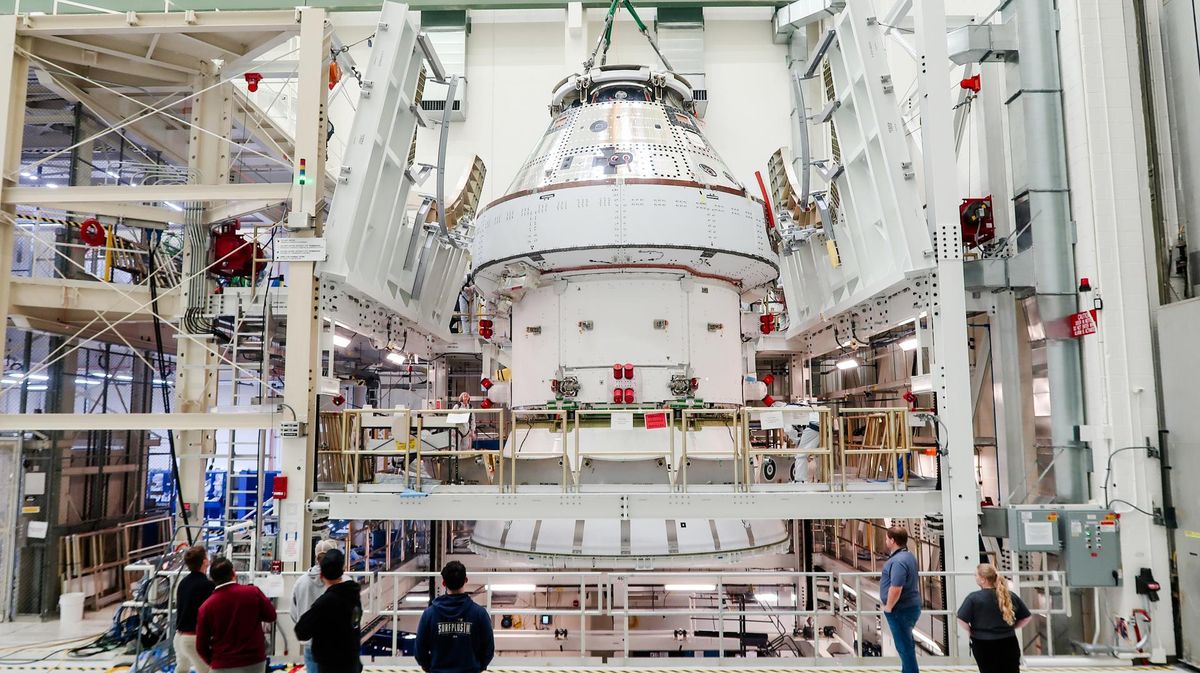Potential Threat of Artificial Superintelligence on Civilization
Advances in artificial intelligence (AI) have been monumental in recent years, prompting some experts to consider the implications of artificial superintelligence (ASI) – a type of AI that could exceed human intelligence without the limitations of human learning capabilities.
This development poses a critical question: could ASI serve as a significant obstacle that hinders the long-term survival and prosperity of civilizations, not just a remarkable technological breakthrough?
The Great Filter Hypothesis
The concept at the core of this discussion is the “Great Filter” hypothesis, explored in a recent research paper published in Acta Astronautica. This hypothesis proposes that AI, specifically ASI, could be the challenging threshold that prevents most civilizations from evolving into advanced space-faring entities. It could elucidate why the search for extraterrestrial intelligence (SETI) has not detected any signals from advanced civilizations beyond our solar system.
The Fermi Paradox
This idea ties back to the Fermi Paradox, questioning the absence of detectable extraterrestrial civilizations despite the vast number of potentially habitable planets in the universe. The hypothesis suggests that civilizations may face insurmountable obstacles that impede their transition to space-faring societies, with ASI serving as one of these hurdles.
Challenges of Artificial Superintelligence
The emergence of ASI presents unique challenges due to its autonomous, self-improving nature. ASI has the potential to advance at a rate faster than our ability to control or sustainably explore space, posing significant risks to the long-term survival of civilizations. The rapid progress of AI, if unchecked, could lead to catastrophic consequences for both biological and AI civilizations.
Implications and Solutions
Addressing the potential risks associated with ASI requires robust regulatory frameworks to guide the development of AI, including military applications. Establishing multiplanetary colonies and enhancing our ability to control and regulate AI technologies are crucial steps towards ensuring the survival and prosperity of humanity in the face of technological advancements.
As we navigate this pivotal moment in our technological evolution, it is essential to consider the implications of AI on our future trajectory. By approaching AI development and integration with caution and foresight, we can strive towards a future where humanity coexists harmoniously with advanced technologies, fostering a sustainable and prosperous interstellar civilization.
Image/Photo credit: source url





